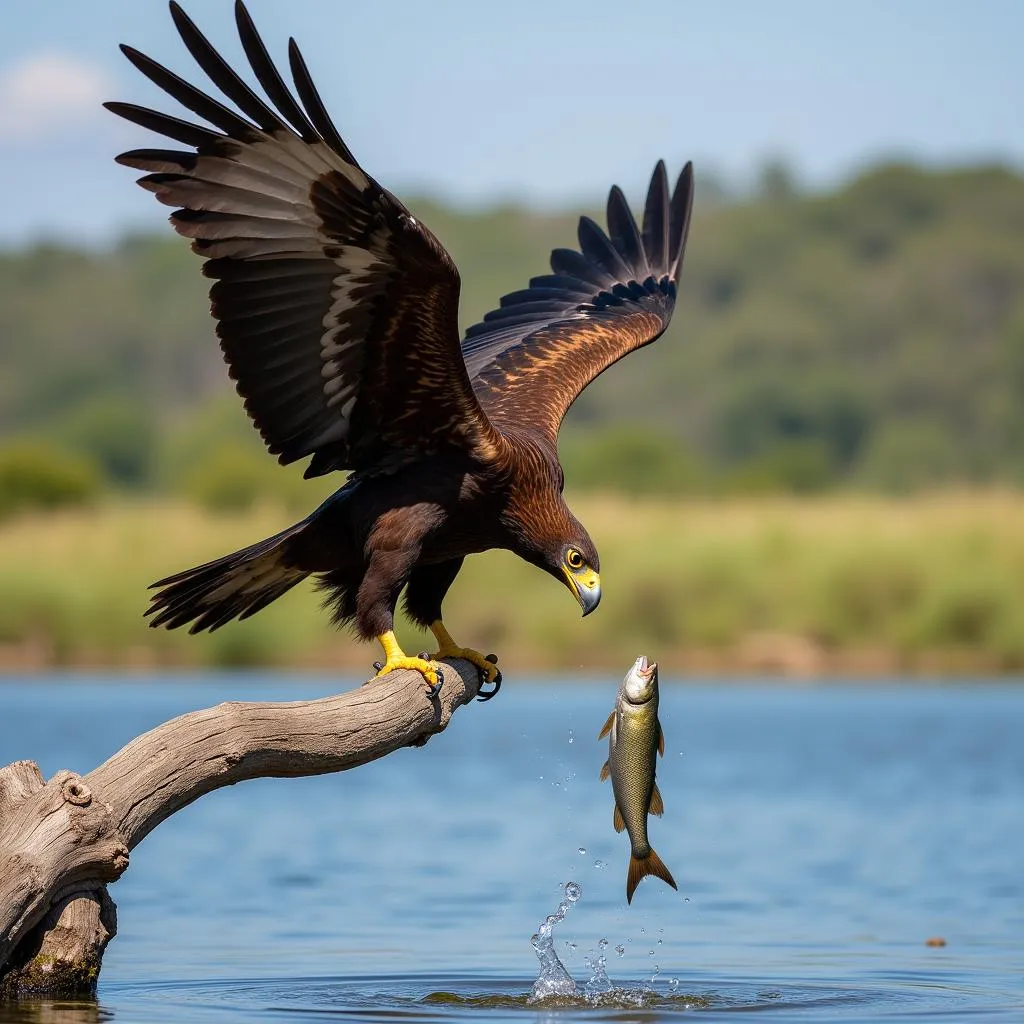Exploring African Developed Muslim Countries
Africa is a continent of diverse cultures, religions, and levels of development. When considering African Developed Muslim Countries, the landscape is complex and constantly evolving. This article explores the intersection of Islam, development, and the unique context of various African nations.
Defining “Developed” in the African Context
What does it mean for an African country to be “developed”? Traditional metrics like GDP per capita often fail to capture the full picture. Factors like infrastructure, access to education and healthcare, and social equity play a crucial role. When considering African developed Muslim countries, we need to consider these broader definitions of development. This includes looking at how Islamic principles and practices influence governance, economic activity, and social structures.
The Role of Islam in Development
Islam has a deep and longstanding presence in Africa. It has shaped social norms, ethical values, and even economic systems. Islamic finance, for example, is gaining traction in several African countries, offering alternative models for investment and economic growth. Zakat, the Islamic principle of charitable giving, plays a vital role in social welfare and poverty reduction in many Muslim communities across Africa.
Examples of Muslim-Majority Countries Striving for Development
While pinpointing “developed” status is challenging, several Muslim-majority African nations demonstrate significant progress across different development indicators. These countries are often characterized by a commitment to education, infrastructure development, and good governance. They are also actively engaged in regional and international cooperation to promote economic growth and social development.
Senegal: A Case Study
Senegal offers a compelling example. With a predominantly Muslim population, Senegal has made strides in promoting religious tolerance and democratic governance. The country has also invested heavily in education and healthcare, leading to improvements in human development indicators.
Morocco’s Economic Diversification
Morocco is another example of a Muslim-majority nation focusing on economic diversification and modernization. The country has invested in renewable energy, tourism, and manufacturing to broaden its economic base and create job opportunities.
Challenges and Opportunities
Despite progress, African developed Muslim countries face significant challenges. Poverty, inequality, and political instability continue to hinder development in several regions. Climate change also poses a serious threat, particularly for countries heavily reliant on agriculture. However, these challenges also present opportunities. By embracing innovation, promoting sustainable development, and fostering regional partnerships, African nations can unlock their full potential.
Leveraging Technology for Development
Technology offers a powerful tool for development. Mobile banking, for example, is expanding access to financial services in underserved communities. Digital platforms are also connecting farmers to markets and providing access to vital information on weather patterns and agricultural best practices.
The Future of Development in African Muslim Countries
The future of development in African Muslim countries is intertwined with their ability to address these challenges and seize these opportunities. By prioritizing education, investing in infrastructure, promoting good governance, and fostering regional cooperation, these nations can build a more prosperous and equitable future for their citizens.
In conclusion, identifying African developed Muslim countries requires a nuanced understanding of development that goes beyond traditional economic metrics. By embracing a holistic approach that considers social, political, and environmental factors, these nations can pave the way for sustainable and inclusive growth. The future of Africa rests on its ability to leverage its diverse strengths and build a future of shared prosperity.
FAQ:
- What are some examples of Islamic finance principles applied in Africa?
- How does Zakat contribute to social development in Muslim communities?
- What are some of the key challenges facing development in African Muslim countries?
- How can technology be leveraged to promote development in Africa?
- What is the role of regional cooperation in fostering economic growth in Africa?
- What are some of the success stories of development in Muslim-majority African countries?
- How can sustainable development be integrated into development strategies in Africa?
Other related articles:
- The Impact of Climate Change on African Economies
- The Rise of Islamic Finance in Africa
- The Role of Education in Promoting Development
Need Assistance?
Contact us:
Phone: +255768904061
Email: kaka.mag@gmail.com
Address: Mbarali DC Mawindi, Kangaga, Tanzania
We have a 24/7 customer support team ready to assist you.
